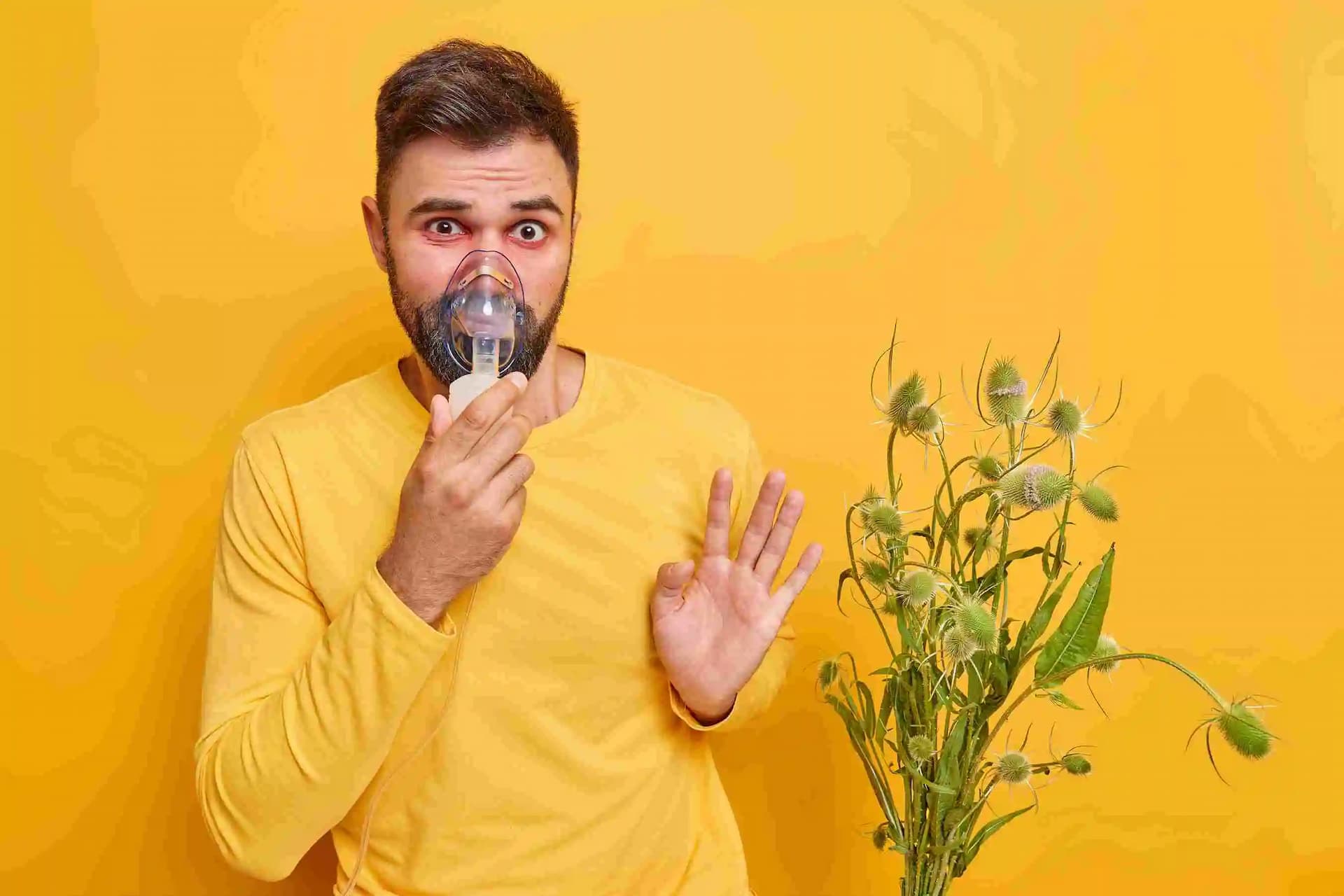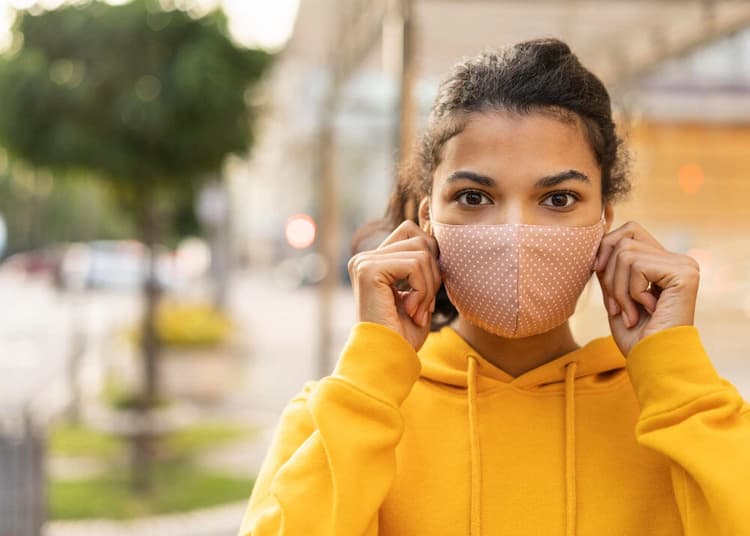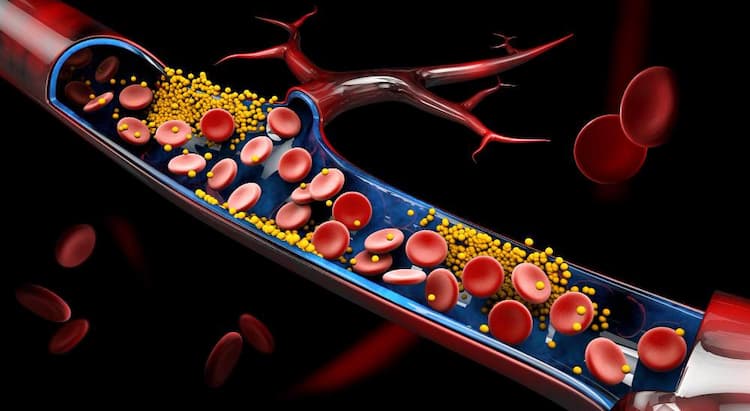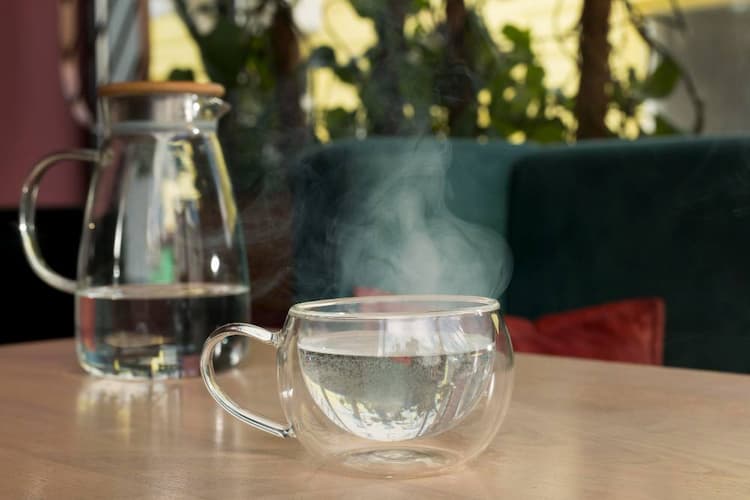Spring Season Ahead- Pollen Allergics’ Stay Alert!

Medically Reviewed By
Dr. Ragiinii Sharma
Written By Komal Daryani
on Feb 21, 2023
Last Edit Made By Komal Daryani
on Mar 16, 2024

Do you face difficulty breathing with the onset of the spring season? Well, there are high chances that you are allergic to pollen grains. The early signs of the same are continuous sneezing, runny nose, coughing, and congestion.
Well, the question arises why such allergic issues exist in some people.
The human body is continuously exposed to hostile external foreign elements; however, our immune system protects the body from its attack. If the immune system cannot block the invasion of external agents, it can lead to allergies.
There can be different types of allergies, including food, pollen, dust, mite, and more, but the most common ones during the spring season are pollen allergies.
Facts reveal over 20-30% of people in India develop hay fever or allergic rhinitis due to pollen allergies, and approximately 15% develop chronic disorders leading to severe asthma issues.
Before discussing the risks created due to pollen, let us first understand what pollen allergy is.
Understanding Pollen Allergy:
Pollens are the fine powder-like particles released in the atmosphere by trees, plants, weeds, and different species of flora to spread the fertilization of their species.
However, these pollens enter the human body through mucus membranes. For humans with a weaker immune system, it's difficult to resist its impact on the respiratory system leading to asthma and rhinitis.
If you feel discomfort in breathing during the spring season, it may be due to pollen allergy. Before the condition worsens and you suffer different diseases, it's highly essential to avail of a Pollen Allergy Test.
There can be different types of pollens that cause allergic reactions. Some of the common ones include:
- Trees: The trees that shed pollen and are one of the primary causes of pollen allergies include Alder, Oak, Birch, Cedar, and more.
- Weeds: Common ragweed, mugwort, and plantain are some of the most common weed species that lead to pollen allergies.
- Grasses: Despite being not so tall, the complications due to pollen grasses are too high. Some common grasses that lead to pollen allergies are Bermuda Grass, Rye Grass, Fescue, etc.
For different types of pollen, there are different tests to detect pollen allergies.
Popular Health Tests for Pollen Allergies:
Some of the popular and most helpful tests available at Redcliffe Labs are listed below.
- Allergy- Willow Tree Pollen
- Allergy- Oak Tree Pollen
- Allergy Eucalyptus Tree Pollen
- Allergy- Common Ragweed Pollen
- Allergy- Bermuda Grass Pollen
- Allergy- Pigweed Pollen
- Allergy- Goosefoot Weed Pollen
- Allergy- Japanese Cedar Tree Pollen and a lot more
These allergies are common in dry and windy geographic regions compared to wetlands. Based on the types of flora species available in your area, the doctors recommend the diagnostic tests accordingly. Also, pollen allergies occur only in the season when the plants bloom.
Apart from air, there is another carrying agent of the pollens; bees. The allergy caused due to bee pollens is termed as Bee Pollen Allergy.
Bee Pollens refer to the finely powdered pollens carried by bees from the flowers and are used by them as food.
Although it's a dietary supplement for bees, for humans, it might lead to allergies with severe complications. Some of the primary symptoms of bee pollen allergy are
- Swelling or inflammation
- Hives
- Itching or irritation,
- Difficulty in breathing due to prolonged exposure.
Just like Bee Pollen Allergy, the symptoms of pollen allergy due to grass, trees, and creeping weeds are also severe.
Let’s check them out.
Symptoms of Pollen Allergies:
The symptoms of grass pollen allergy and tree pollen allergy are usually similar. Some of the common symptoms include
- Watery Eyes
- Itching and Irritation in Eyes
- Nasal Congestion
- Wheezing
- Difficulty in breathing
- Rashes on Skin
- Skin Irritation
- Issues in Throat
- Continuous Sneezing
- Heavy Coughing and more
These symptoms highly resemble the symptoms of hay fever. It’s not at all recommended to avoid your health if you find any of the above symptoms. Instead, consult with a clinician at the earliest possible, and seek the recommended health test.
Apart from the preventive health checkup, other ways exist to avoid pollen allergies.
Steps to Take for Healing Pollen Allergies:
The best way to avoid pollen allergies is to prevent pollen exposure and wear a mask while you step out during spring. However still, if the pollution is high around you, and you cannot stay with the mask on all the time, you might be infected with pollen allergies despite being at home.
It’s better to follow some of the home remedies along with the medications recommended by the Pollen Allergy Test. The effective home remedies against pollen allergies include the following.
- Honey to Boost Immunity:
The doctors and dieticians recommend consuming for at least two months before the onset of the spring season to boost the immune system. It will act as a natural shield against pollen allergies by enhancing immunity, and the possibilities are that you do not catch any allergies.
- Include Vitamin C in Your Diet:
Vitamin C is a potent antioxidant and a natural source of antihistamines. So, it is highly recommended to include food items rich in Vitamin C, like oranges, strawberries, lemons, grapefruit, broccoli, and amla.
- Chamomile:
Chamomile tea reduces inflammation, so you can include it in your diet in the spring season to prevent allergies due to pollen grains.
- Inhale Mint or Lemon Balms:
The eucalyptus leaves and lemon boiled in the water help relieve congestion of the nose, clear your nasal passages and throat, and help ease the symptoms of pollen allergies.
- Take a Shower as You Step Home:
Change your clothes immediately and shower every time you come home from outside; it will help you eliminate pollens stuck on your skin and clothes.
Following the above-mentioned precautions will help you subside the Pollen Allergy Symptoms and stay in good health even in the spring season.
Health Tests is a Way to Keep Pollen Allergies Away:
No matter the health disorder, the best way to stay away from them is to seek medical health checkups on time, this helps prevent illness, and in the case of allergies, it can assist you in getting a proper cure on time before it gets severe.
At Redcliffe Labs, you can avail of more than 3600+ health tests and packages drafted for holistic wellness and diagnosing existing health disorders. You can also book a health test to check whether or not your ongoing medical treatment is effective for healing. So, irrespective if you require Pollen Allergy Test or any other test based on your personalized medical condition, you can get a test at Redcliffe Labs from the comfort of your home.



